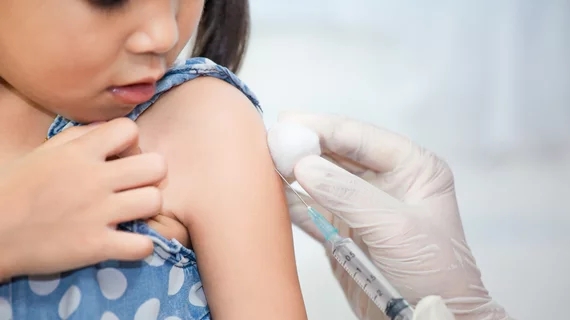Healthcare for children heavily delayed during the pandemic
One of the first recommendations during the Covid-19 pandemic in the U.S. during 2020 was for all non-essential healthcare services to be put on hold. As such, many adults followed the recommendations, but little is known about how children’s healthcare was impacted by Covid-19 restrictions.
An extensive proportion of parents delayed or put off healthcare visits and care for their children during the Covid-19 pandemic, according to a new report from The Urban Institute and the Robert Wood Johnson Foundation.
Nearly 30% of parents reported delaying or forgoing one or more types of pediatric healthcare due to fears of exposure to Covid-19 or limits from their healthcare providers, according to the organization’s coronavirus tracking survey from September 2020.
Unfortunately, delaying or holding off on care did affect children negatively, some parents reported. Nearly 19% said it worsened their children’s health conditions, about 16% said it limited their children’s abilities to go to school or day care and about 15% said it limited other activities.
About half as many parents, nearly 16%, said they delayed or went without multiple types of care for their children. The majority of care types delayed or forgone were dental care, routine checkups and screenings, general doctor and specialist visits and immunizations. Delaying or forgoing dental care did not have as many reported consequences, “suggesting the type of care missed matters,” the report reads.
Overall, the findings show that children have missed out on different healthcare needs, with lower-income families delaying or forgoing care for their children at higher rates than higher-income families.
“Such gaps threaten children’s health, development, and well-being and impair their abilities to participate fully in school and reach their potential,” the report reads. “Targeted efforts to help children make up for missed checkups, immunizations, screenings, counseling, therapies, and other care could help mitigate such damage and avoid exacerbating socioeconomic inequities in children’s health and well-being.”

